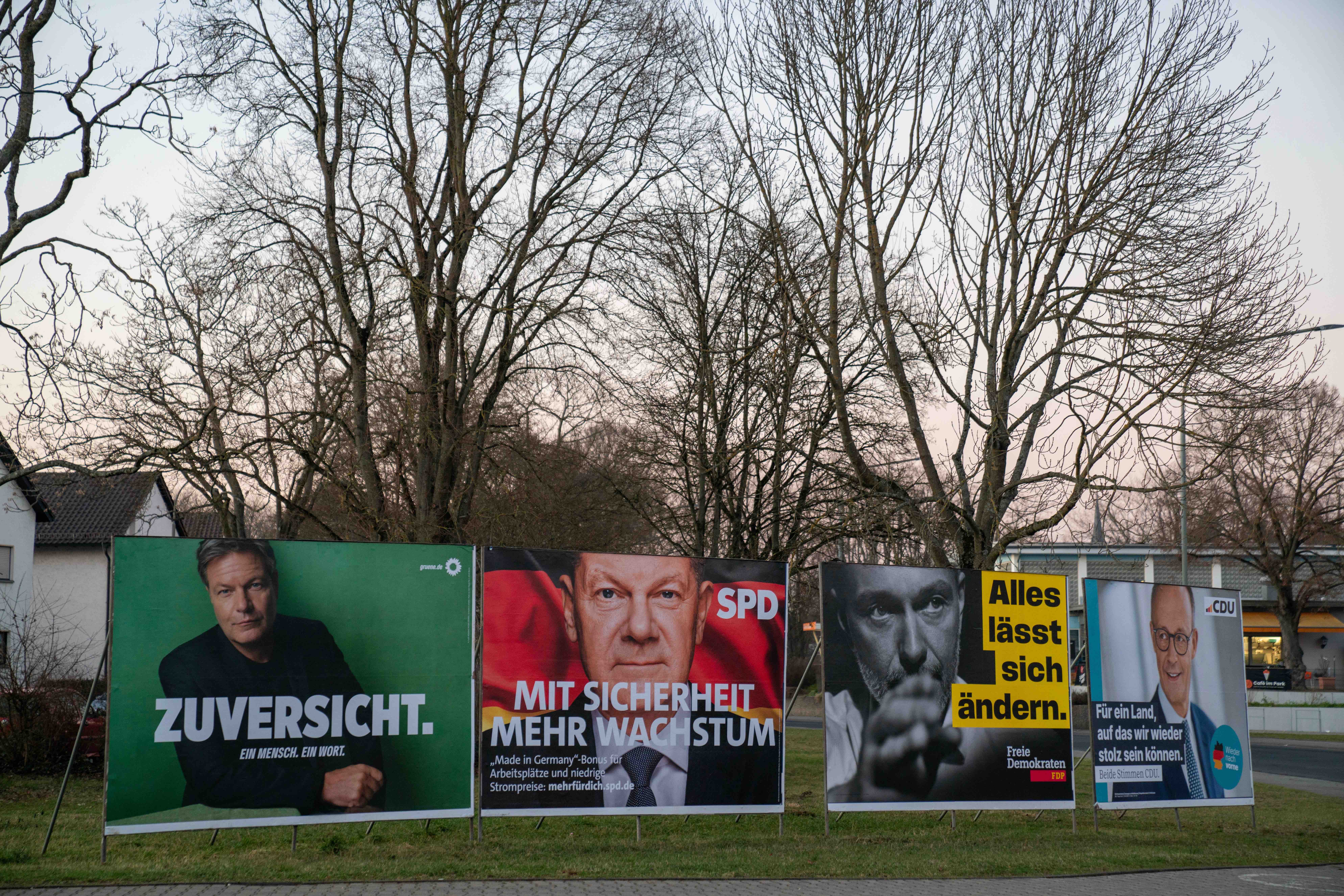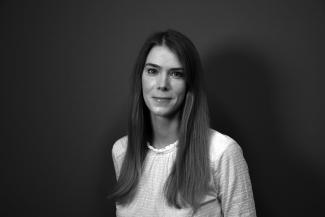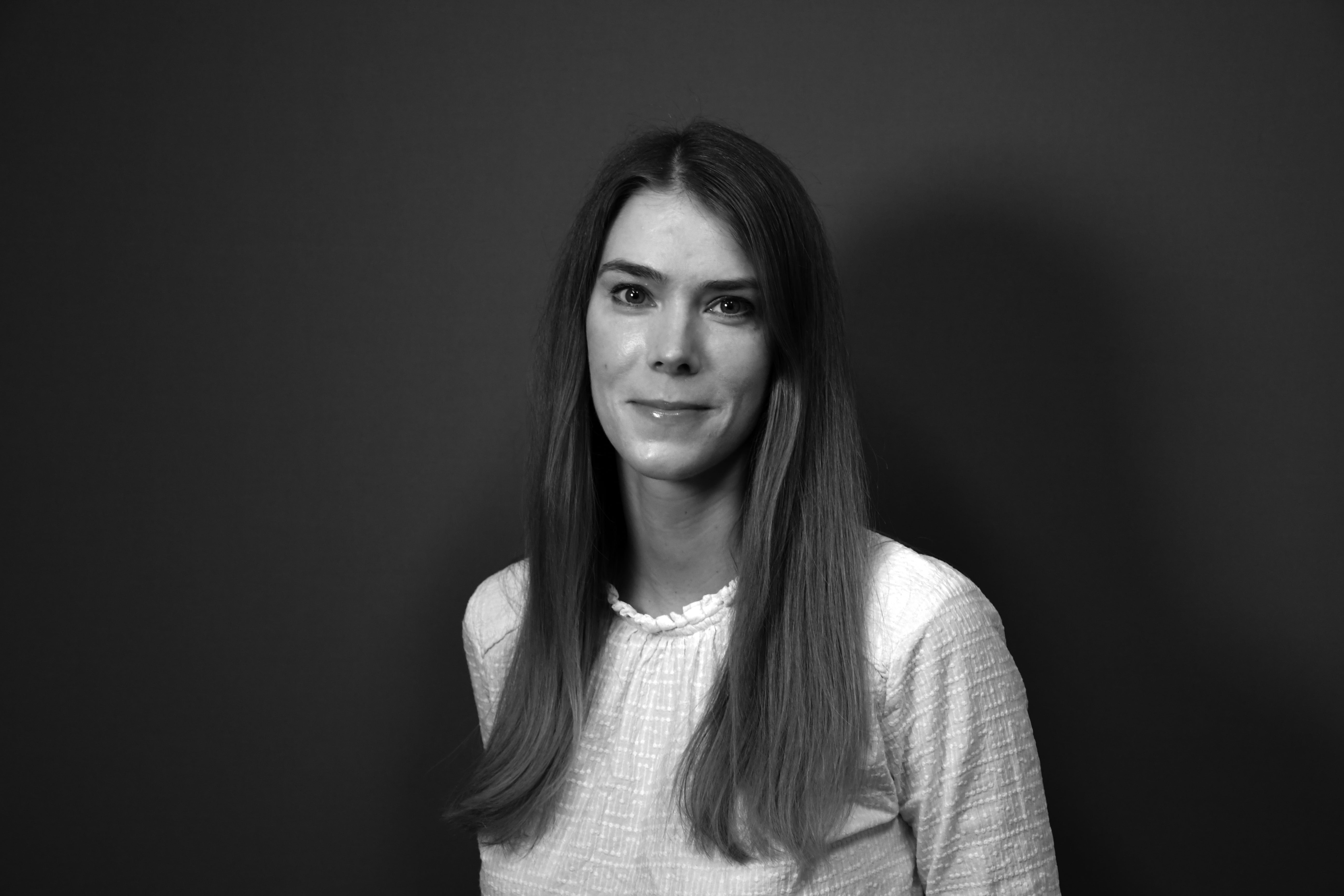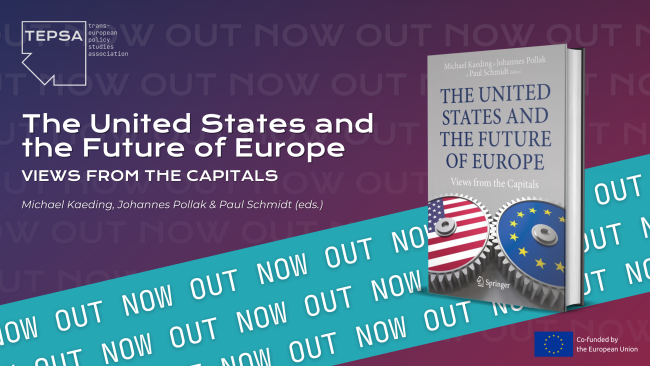After the Elections: Germany in Search of Shaken Stability?
With a voter turnout of 82.5%, Germany recorded its highest participation since 1987—an increase of 6.1 percentage points compared to 2021. As in the previous election, the high turnout particularly benefited the Alternative for Germany (AfD), which was able to mobilize many former non-voters. Many voters sought to punish the outgoing government with their ballots, as its approval rating had dropped to just 14% before the coalition broke apart in November 2024. Germany is now very likely heading toward a grand coalition between the CDU/CSU and the SPD, with exploratory talks having begun on February 28.

- The CDU has won the 2025 Bundestag election but failed to surpass the 30% mark. As a result, a grand coalition with the SPD under future Chancellor Friedrich Merz appears to be the only realistic option.
- The AfD is the big winner of the election, achieving results of over 30% in the East while gradually strengthening its foothold in the West.
- The failure of the traffic light coalition is evident: the SPD, Greens, and FDP suffer significant losses, and the Liberals fail to reach the 5% threshold required to remain in the Bundestag. For the FDP, this means a return to extra-parliamentary opposition.
- Die Linke, which had been predicted to disappear, manages to hold on but changes its voter base. It withstands competition from the Sahra Wagenknecht Alliance (BSW), which falls short of the 5% threshold and will not be represented in the Bundestag.
Jeanette Süß is Research Fellow at the Study Committee on Franco-German (Cerfa) at the French Institute of International Relations (Ifri), working in particular on the European Union and the Franco-German relations.
This publication is available in French (pdf): "Après les élections : l’Allemagne en quête d’une stabilité ébranlée ?".

Available in:
Themes and regions
DOI
Ifri's Briefing, March 2025
Share
Download the full analysis
This page contains only a summary of our work. If you would like to have access to all the information from our research on the subject, you can download the full version in PDF format.
After the Elections: Germany in Search of Shaken Stability?
Related centers and programs
Discover our other research centers and programsFind out more
Discover all our analysesFrance, the U.S.’ Oldest and Most Complicated Ally: A Stubborn Defender of a Truly European Industrial and Defence Policy
France, the U.S.’ oldest ally, is also the EU country which most stubbornly defends genuinely European industrial and defence policies. It calls for ‘strategic autonomy’ in all political domains, a position increasingly difficult to hold against a hardening international climate.
The Franco-German Brigade and the Revival of European Defense
One thing has been clear since Donald Trump's return to the White House: the very existence of the European unification project is threatened. Unless it develops a sovereign defense policy to counter the war in Ukraine and the weakening of American security guarantees, the European Union will continue to see its internal cohesion and external attractiveness wane.
Friedrich Merz and the Zeitenwende 2.0. A “New Era” for Transatlantic Relations?
On February 23, 2025, almost 60 million voters were called upon to elect a new Bundestag. These elections will also give rise to a new government in Europe's largest economy.
The German Greens as an Alliance Party: The End of an Illusion?
At the Wiesbaden Congress in November 2024, Robert Habeck, currently Minister for the Economy and Climate, was nominated as the Green Party’s candidate for the Chancellorship in the early parliamentary elections on February 23, 2025. The party, founded 45 years ago, is now firmly established in the German political landscape. Wishing to turn the page on an unloved ‘‘traffic light’’ coalition, the party is banking on a personal campaign and an optimistic discourse based on the energy transition and social justice.










